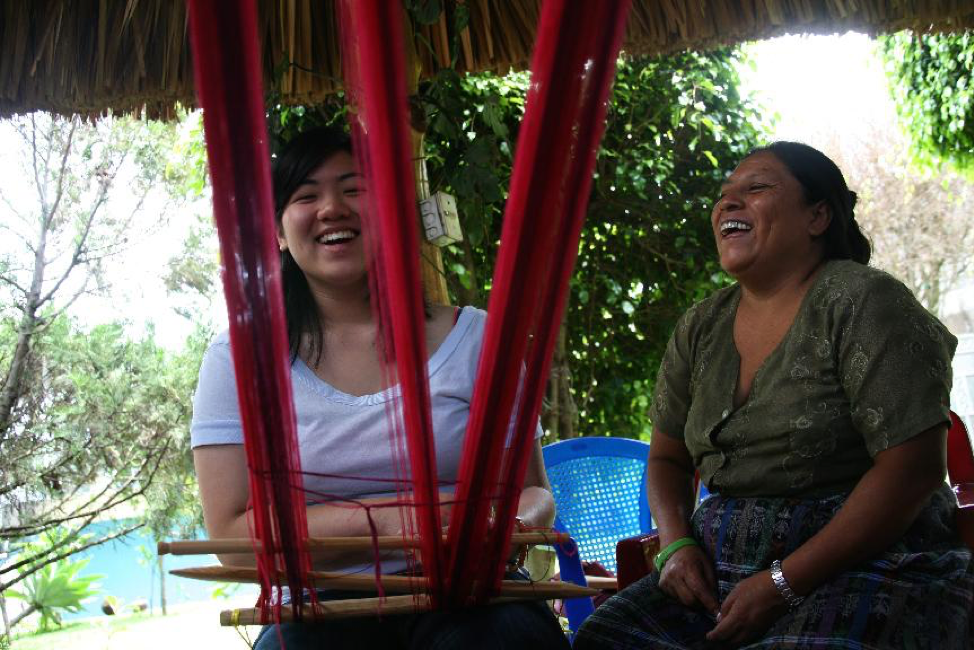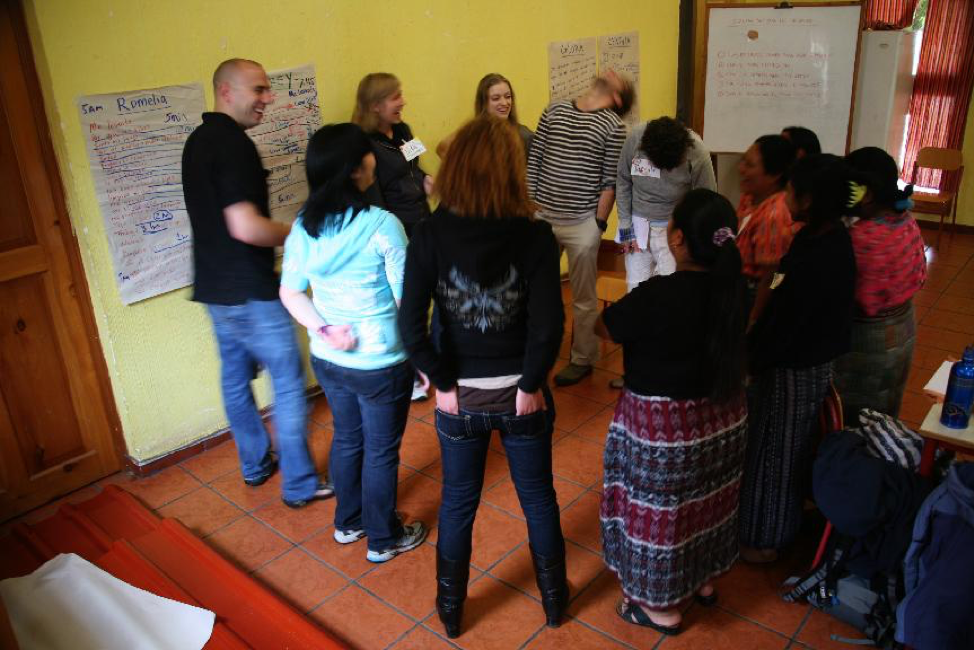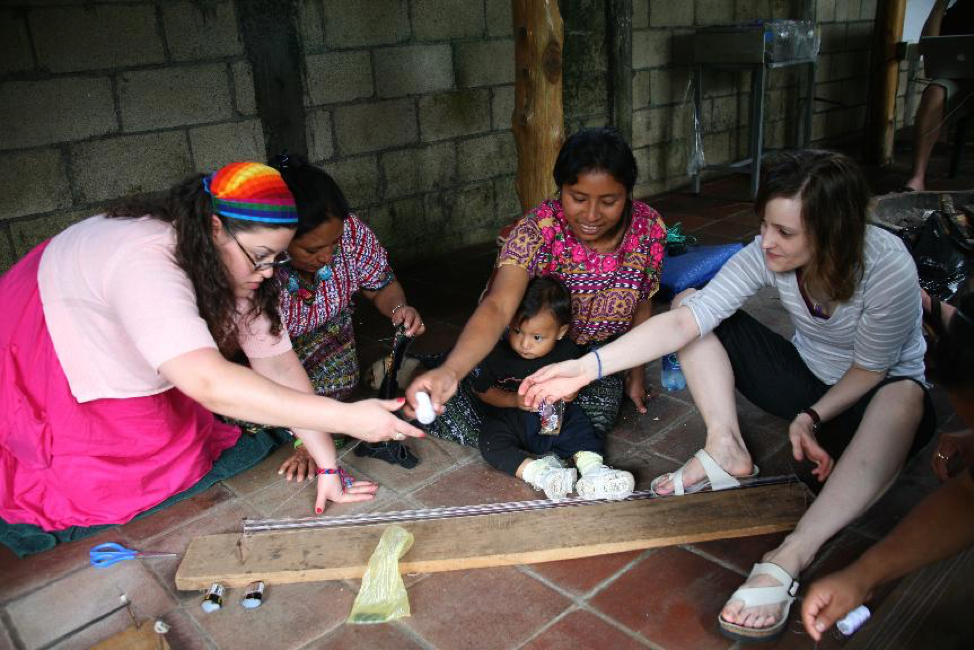At the DEED Research Lab, we strive to be aware and thoughtful about the way we work, especially when we are in the field engaging with people from different backgrounds and privileges. Over the years, students and faculty participants co-authored principles that guide our work in the field. These fieldwork principles are an ongoing work in progress and each one has emerged from our experiences and interactions. They serve as steps toward more equitable exchanges, and also neatly represent and summarize the DEED ethos. Though our principles are artisan-specific, we hope they may inspire students and faculty working with people with different privilege, to also develop their own ethics manifestos.
There is no specific order for the principles.
Observer and Observed
We are mindful and respectful of people’s reaction when taking pictures, and refrain from using cameras in the first meeting with community partners since it might affect group dynamics. This is an important rule so as not to expand the gap between “us” and “them” and encourage students and faculty to not only observe “the other” but to also be observed. Documentation is important for the project, so this is a challenging principle to enforce. However, there is a time and place for photography, and usually, it is uncovered through trust and communication. We also have run productive participatory photography and video projects with artisans and their children.
Money
Once someone on the DEED team purchases an artisan product, the team is no longer perceived and treated as a partner, but a tourist and buyer – therefore compromising the potential for true collaboration. To support more equitable exchanges, we instituted a principle that prohibits fieldwork participants to purchase goods directly from our artisan collaborators.
Promises
All fieldwork participants are asked to not make any promises regarding their commitment to the project. There have been issues with students and faculty growing attached to the artisan collaborators and then not following through with promises to send back money, godparent one of the children, or even return the following year. We know that life happens, and once we’re back on campus in New York City other priorities typically kick in.
Help
We do not use the word “help”. We encourage our partners to also refrain from its use. The reason why is because we do not want to assume that we should or can provide help, nor that anyone has asked us to help them. This word is unidirectional and we are committed to mutual exchange. Instead, this principle encourages us to describe what the work is focused on: collaborating, sharing, listening, teaching, learning, participating, supporting, suggesting, advising, etc.

Purpose
Remembering the reason for our visit encourages students to constantly learn things about the culture which they can then leverage when working on the project. Furthermore, as we are traveling abroad when engaged in this work, it’s valuable to *be* there as practitioners and not “just” tourists.
Horizontality
Our on-campus preparation courses (“Designing Collaborative Development” and “Artisan Futures”) are taught with a commitment to horizontal pedagogy. We are inspired by the writings of Paulo Freire and John Dewey, and try to apply their principles of horizontality and learning by doing throughout our work. A commitment to horizontality is challenging but is the basis on which all participants (artisans, students, faculty) are given the same level of respect and understanding. We also flip traditional academic hierarchies by having students lead out the fieldwork portion of our engagements, and, in the future,by having artisans be the faculty of intensive courses.

Gossip
This rule has significantly improved our internal group dynamics. We discourage talking about anyone if they are not present, and if there are issues to address, they are discussed in the daily debriefing session (which we have regardless if issues have come up or not).

